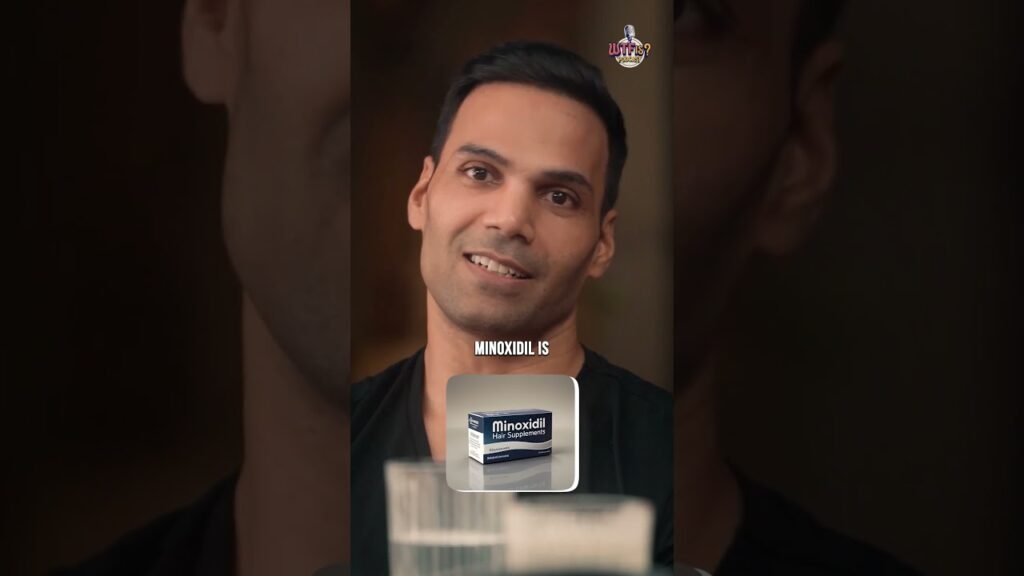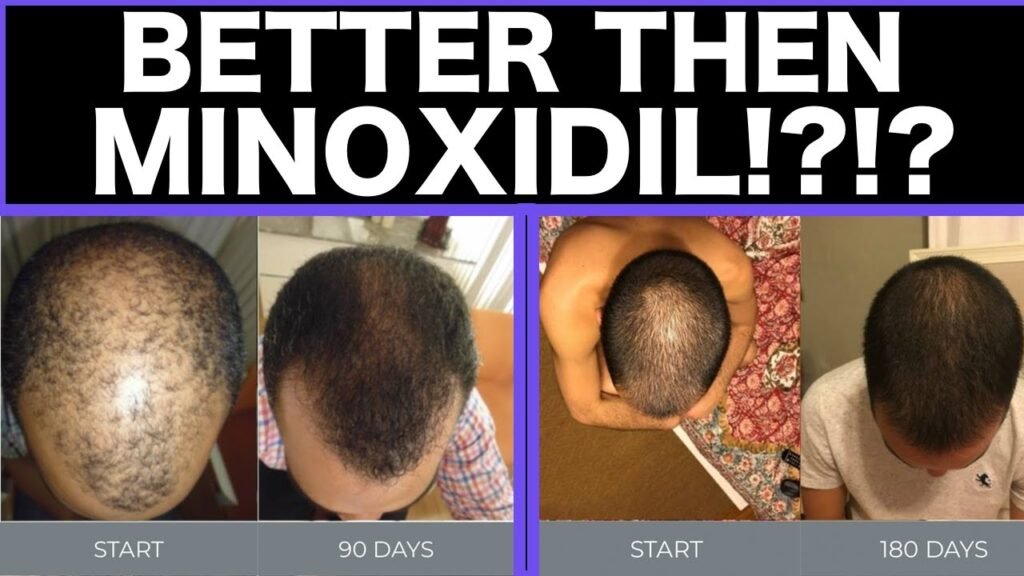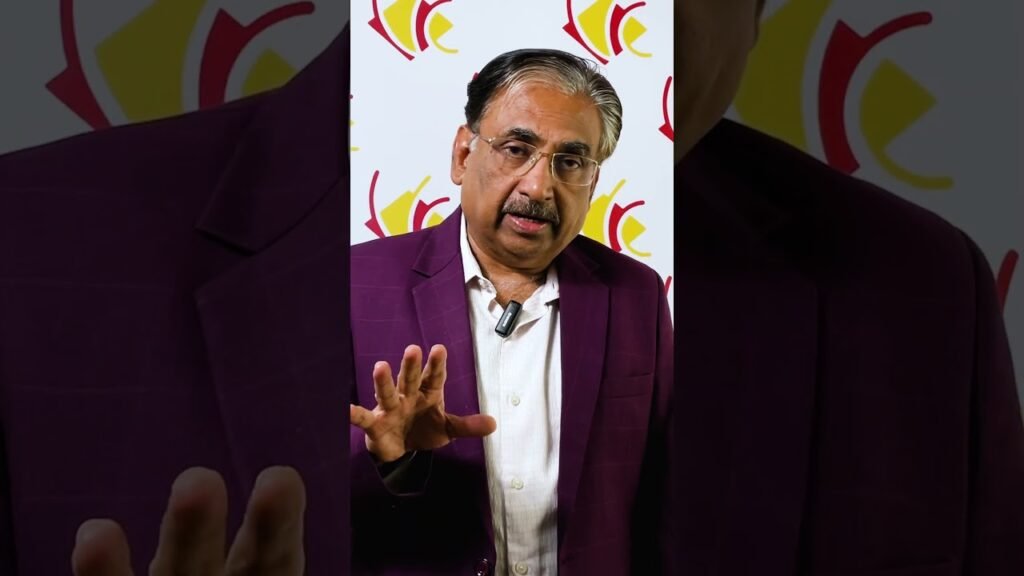Head-to-head comparison: Minoxidil vs finasteride
When it comes to treating hair loss, two of the most commonly recommended medications are Minoxidil and Finasteride. Both have proven effectiveness, but they work through different mechanisms and have distinct characteristics that make them suitable for different types of hair loss cases. Understanding the differences between these two treatments can help individuals make informed decisions about which option might be best for them.
Mechanism of Action
Minoxidil is a topical treatment that is applied directly to the scalp. It works by stimulating hair follicles and increasing blood flow to the affected areas, which encourages hair regrowth. Finasteride, on the other hand, is an oral medication that works by inhibiting the enzyme 5-alpha-reductase. This enzyme converts testosterone into dihydrotestosterone (DHT), a hormone linked to hair loss. By reducing DHT levels, Finasteride helps in slowing down hair loss and promoting hair regrowth.
Effectiveness and Usage
In terms of effectiveness, both Minoxidil and Finasteride have been shown to produce positive results, but their efficacy can vary based on individual circumstances. Minoxidil is generally considered effective for both men and women and is often recommended for those experiencing thinning hair. Finasteride is typically prescribed for men with male pattern baldness, as it addresses hormonal causes of hair loss. While Minoxidil requires consistent daily application, Finasteride is taken as a daily pill, making it a more convenient option for some.
Side Effects and Considerations
When comparing side effects, Minoxidil is generally well-tolerated but may cause scalp irritation in some users. Finasteride, however, has been associated with more systemic side effects, such as decreased libido and other sexual dysfunctions, though these are relatively rare. Its important for users to discuss potential side effects with a healthcare provider, especially for those considering Finasteride. Additionally, women who are pregnant or may become pregnant should avoid handling Finasteride tablets, as it can cause birth defects.


